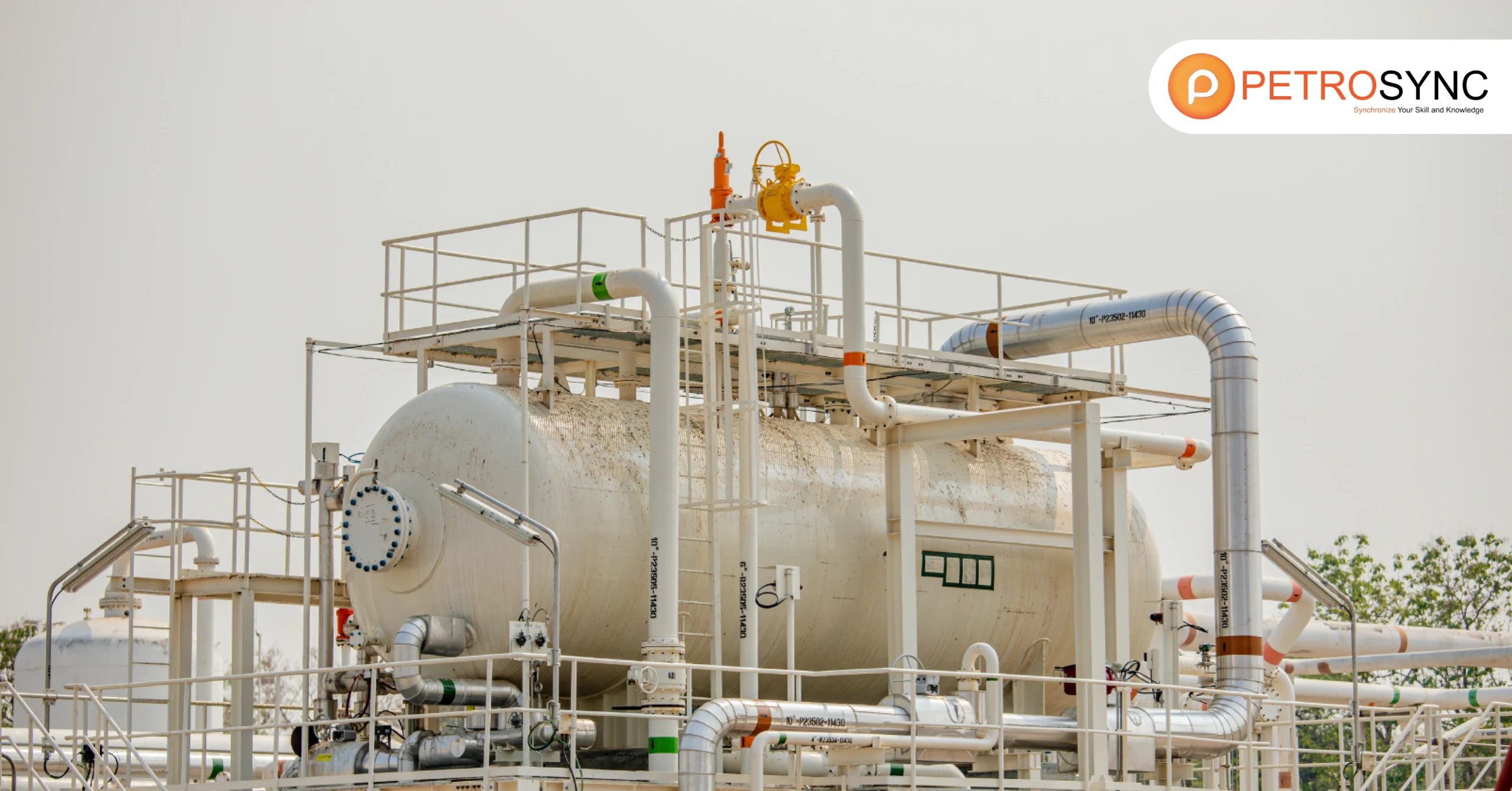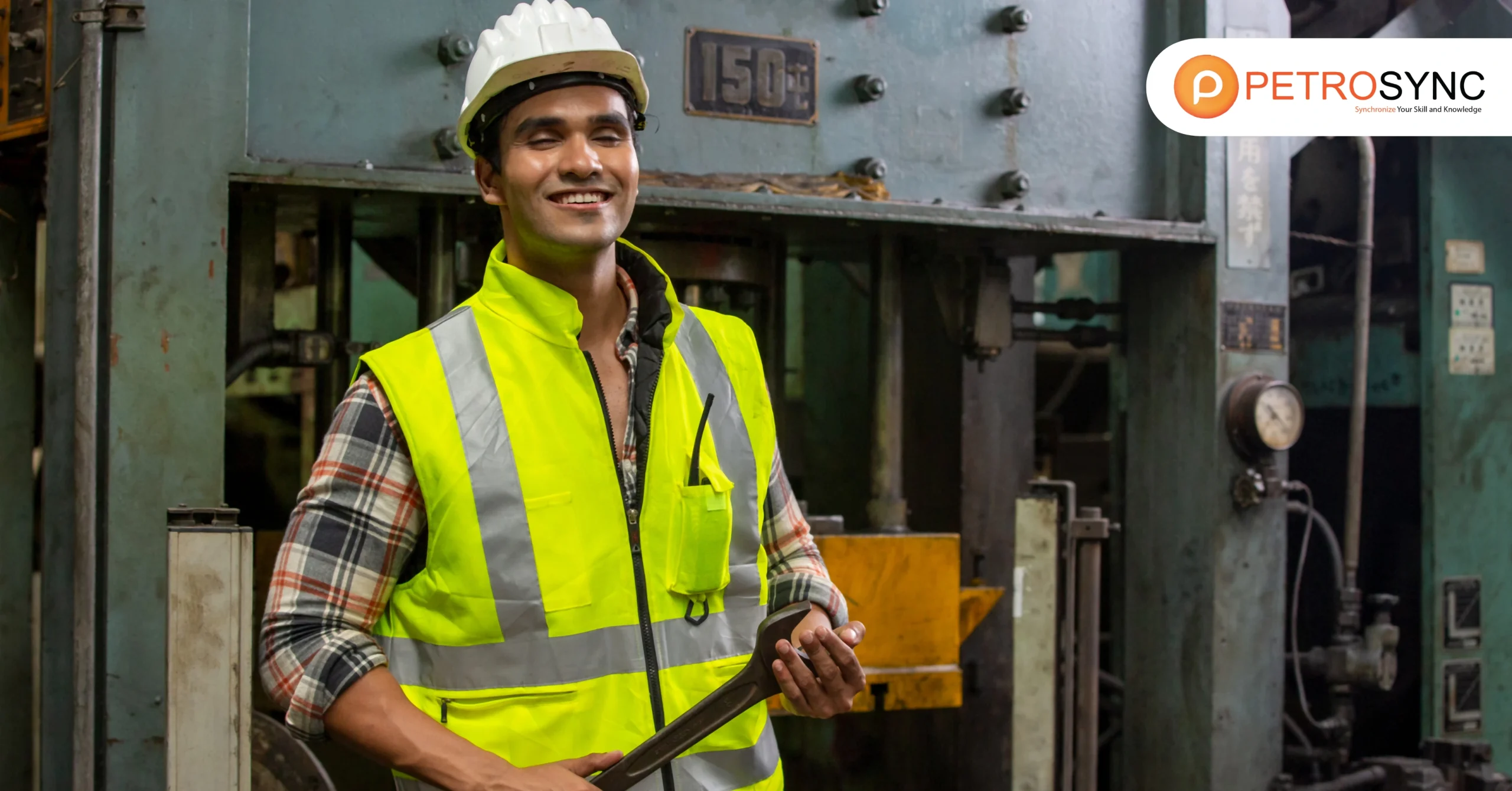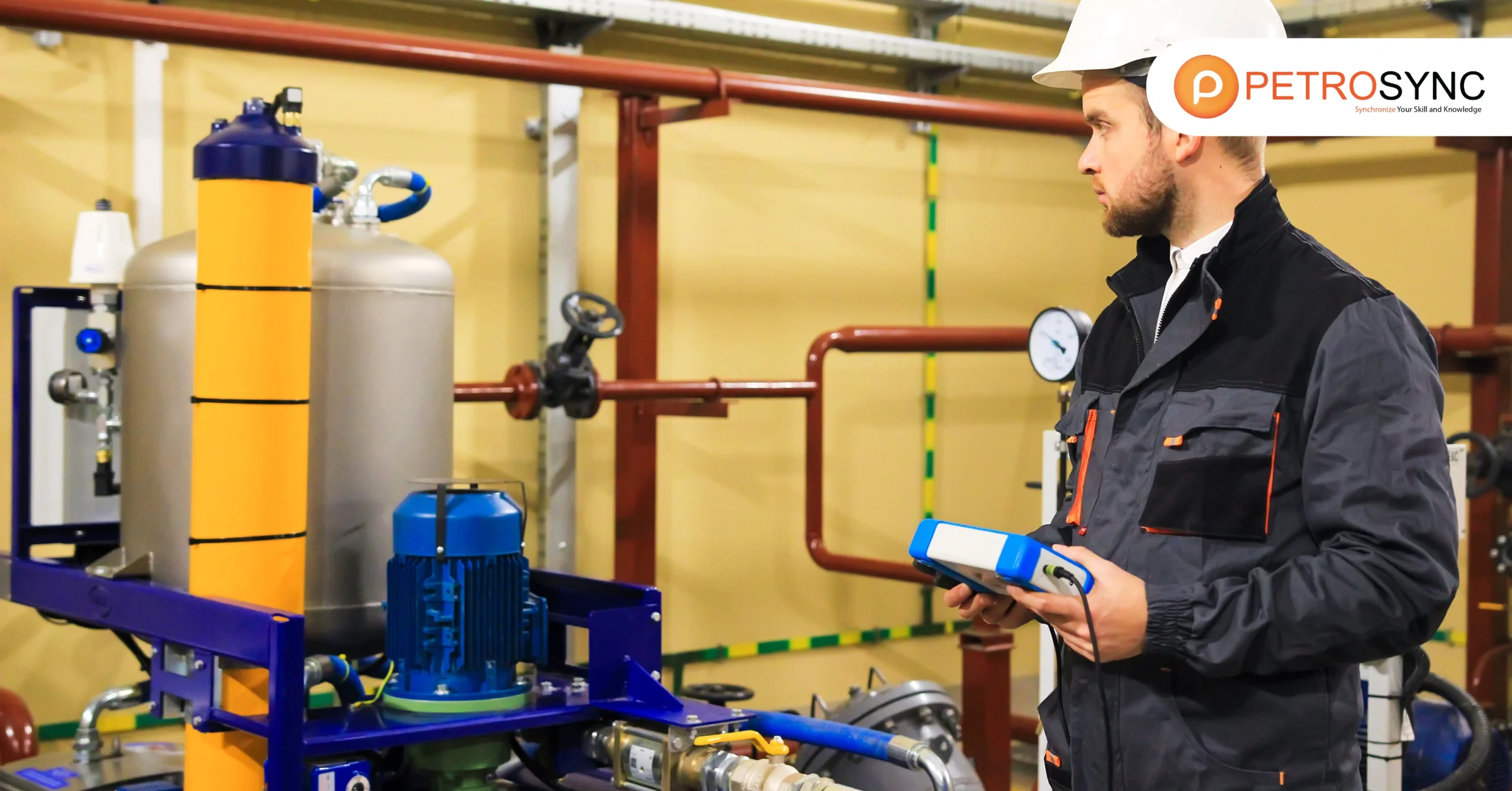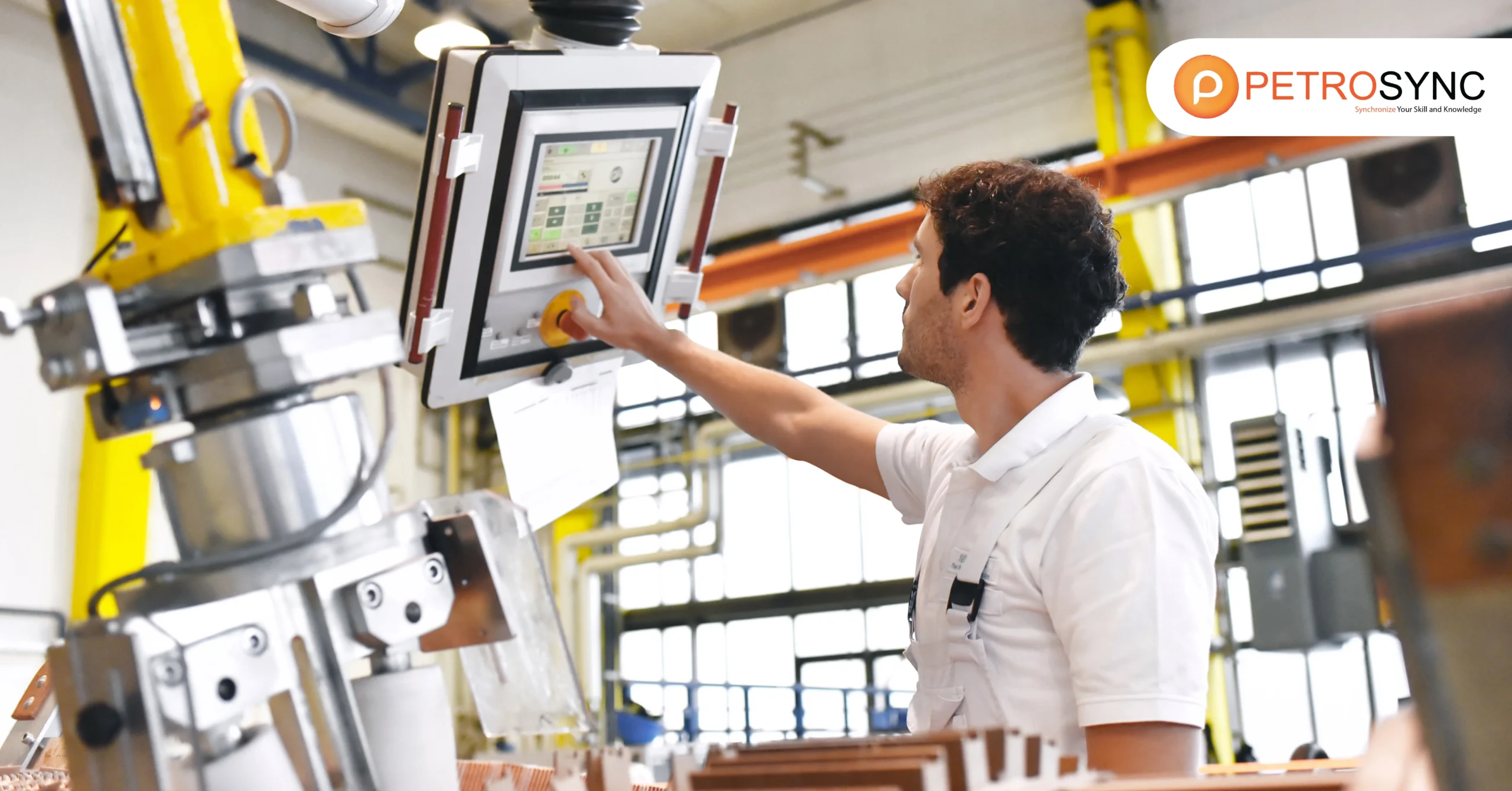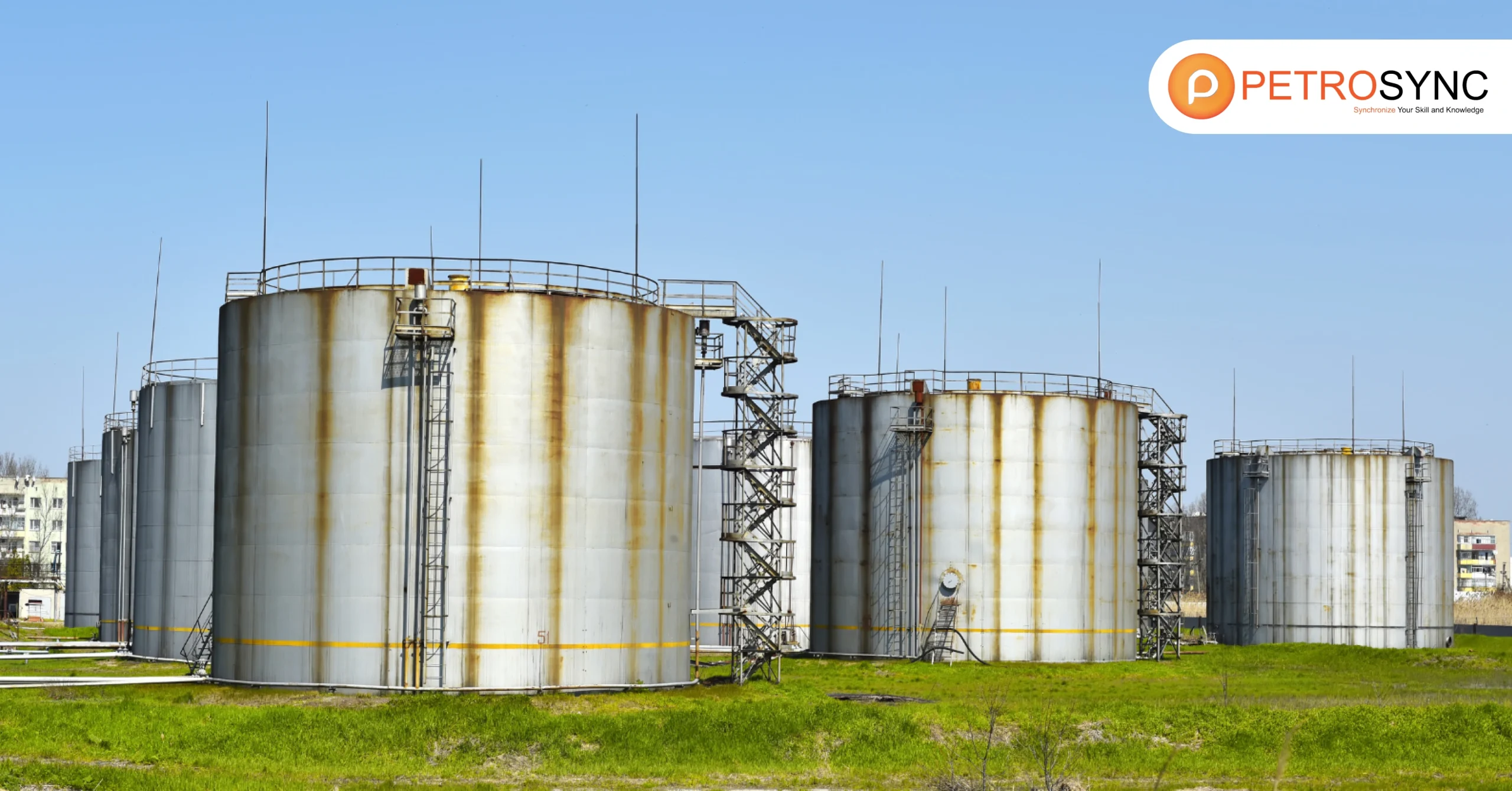Are you looking to boost your career in pressure vessels and piping systems? API 510 Certification can be your key to success in this field. In this detailed guide, we will explore API 510 certification, its essential features, and advantages, and provide answers to common questions.
What Is API 510?
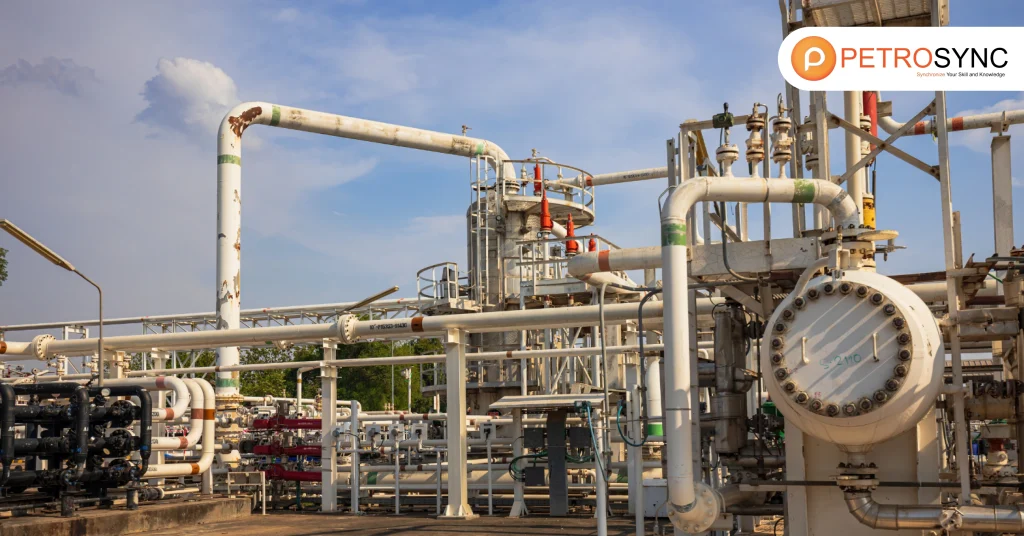
Api 510 is has released the 11th edition of API Standard 510, which outlines guidelines for inspecting, repairing, altering, and reevaluating pressure vessels and pressure-relieving equipment used in the hydrocarbon and petrochemical industries.
The updated edition, titled “API 510, Pressure Vessel Inspection Code: In-service Inspection, Rating, Repair, and Alteration,” focuses on improving operational safety by providing updated programs for in-service inspection and condition monitoring. These programs are essential for assessing the soundness and reliability of pressure vessels and pressure-relieving devices.
What Is API 510 Certification?
To become a certified API 510 Pressure Vessel inspector, you need to be proficient in maintenance, inspection, and repair of pressure vessels. The API 510 exam is designed to check if you have gained this essential knowledge. It is a way to make sure you’re well-prepared for the responsibilities that come with being a certified inspector.
How To Get API 510 Certification?
To obtain API 510 certification, you generally need to follow these steps:
1. Meet Eligibility Requirements
To begin the journey toward API 510 certification, you must first meet the eligibility requirements set by the American Petroleum Institute (API). These requirements typically involve a combination of relevant education and work experience.
|
Education |
Years of Experience |
Experience Required |
| BS or higher in engineering or technology | 1 year | Overseeing or conducting inspections according to the guidelines in API 510. |
| 2-year degree or associate in engineering or technology | 2 years | Design, fabrication, repair, operation, or inspection of pressure vessels, with at least one year spent overseeing or carrying out inspections as per API 510 guidelines. |
| High school diploma or equivalent | 3 years | Design, fabrication, repair, operation, or inspection of pressure vessels, with at least one year spent overseeing or carrying out inspections as per API 510 guidelines. |
| No formal education | 5 or more years | Design, fabrication, repair, operation, or inspection of pressure vessels, with at least one year spent overseeing or carrying out inspections as per API 510 guidelines. |
These requirements ensure that candidates have a foundational understanding of the field before attempting the certification.
2. Prepare for the Exam
Once you’ve confirmed your eligibility, it’s time to prepare for the API 510 examination. This is a crucial step, as the exam is designed to assess your knowledge and competency in the maintenance, inspection, repair, and alteration of pressure vessels.
To prepare effectively, you should acquire study materials and resources related to pressure vessel technology, industry codes, and standards. This will include familiarizing yourself with API 510’s Body of Knowledge, which outlines the topics covered in the examination. Thorough preparation is key to your success.
3. Register for the Exam
With your preparation underway, the next step is to register for the API 510 examination. You’ll need to contact an authorized body or organization that administers the exam. These organizations work in partnership with API to ensure that the certification process is carried out effectively and fairly.
Registration typically involves filling out an application, providing the necessary documentation, and paying the required fees. Once you’ve successfully registered, you’ll receive details on the examination date, location, and any additional instructions.
4. Pass the Exam
The API 510 examination is a comprehensive test that evaluates your knowledge and understanding of pressure vessels. It consists of multiple-choice questions, covering various aspects of pressure vessel technology and related codes and standards. To obtain API 510 certification, you must successfully pass this exam. Achieving a passing score demonstrates your expertise in the field and your ability to apply that knowledge to real-world situations.
5. Receive Certification
Once your exam results are confirmed, and your work experience is validated, you will receive your API 510 certification. This certification attests to your competence in the maintenance, inspection, repair, and alteration of pressure vessels. It serves as formal recognition of your expertise and opens up opportunities for you in the industry.
6. Maintain Certification
API 510 certification is not a one-time achievement; it’s a commitment to ongoing professional development. To maintain your certification, you must adhere to API’s guidelines, which typically include continuing education requirements and maintaining a specified amount of practical experience. These measures ensure that certified individuals stay up-to-date with industry standards and best practices, keeping their skills relevant and their certification current.
How Much Are API 510 Certification Costs and Fees?
The cost of obtaining the API 510 certification can differ based on your specific requirements and whether you are a member or not. Here are the API 510 certification fees as outlined by the official API.
|
Program |
API Member Fee |
Non-Member Fee |
| Initial Certification | $820 | $1055 |
| Recertification | $725 | $830 |
| Reschedule | $350 | $350 |
| Late Application Fee | $150 | $150 |
When Is The Schedule for API 510 Certification 2025?
The scheduling of your API 510 exam certification may vary depending on your application deadline and the available examination dates. Below, you’ll discover the examination schedule details for API 571 as supplied by the official API.
|
Exam Window |
Program | Duration |
Application Deadline |
| January 3 – 24, 2025 | API 510 | 6.5 hours | November 1, 2024 |
| May 9 – 30, 2025 | API 510 | 6.5 hours | March 7, 2025 |
| September 5 – 26, 2025 | API 510 | 6.5 hours | July 4, 2025 |
How Long Does API 510 Certification Remain Valid?
Your API 510 certification is valid for three years from the day you get it. Once that time is up, you need to renew it through a process called recertification. This helps you stay updated and continue being recognized as an expert in pressure vessel work, ensuring the safety and efficiency of various industries.
PetroSync API 510 Training Program for Indonesia and Malaysia
PetroSync, a leading provider of industry-focused training programs, offers comprehensive API 510 training in both Indonesia and Malaysia. These specialized courses are designed to equip you with the essential knowledge and skills required for the inspection, repair, alteration, and rerating of pressure vessels, ensuring compliance with API 510 standards.
Participating in the training sessions can help you gain practical insights, learn industry best practices, and acquire the expertise needed to excel in the field of pressure vessel management. With Petrosync’s API 510 training, you can enhance your capabilities and contribute to the safety and integrity of pressure vessel operations in your respective regions.

Results-oriented and thorough SEO specialist with extensive experience in conducting keyword research, developing and implementing digital website promotion strategies and plans, managing campaigns to develop company websites in the digital world, excellent knowledge of marketing techniques and principles, and attentive strong attention to detail.

